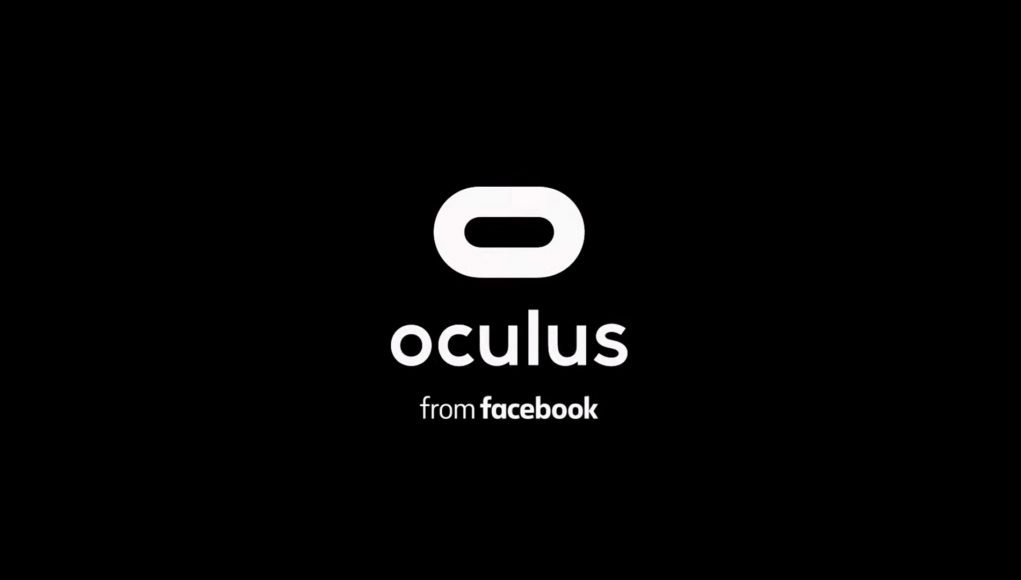Oculus Connect 7, the annual Oculus developer conference held by Facebook, will be hosted as a digital event later this year due to the Coronavirus outbreak.
Facebook announced today that Coulus Connect 7 will, for the first time, be held as a digital event “later this year.”
Every year, Oculus Connect brings together developers, content creators, marketers, and more to celebrate the VR industry’s momentum and growth. In light of the evolving public health risks related to COVID-19, we’ve decided to shift Oculus Connect 7 to a digital format later this year.
This was a tough decision to make, but we need to prioritize the health and safety of our developer partners, employees, and everyone involved in OC7. Oculus Connect gives us an unprecedented opportunity to connect with our global developer community. OC7 will be no exception, and we look forward to sharing more details about the digital event in the coming months.
The company also committed to donating $500,000 to organizations serving San Jose residents, the city in which the conference has been held for the last several years.
Pretty much all major VR events have been disrupted in one way or another due to the Coronavirus outbreak. We’ve seen the cancellation or postponement of events like GDC, E3, Facebook F8, and more.
Even before the Coronavirus outbreak, the irony wasn’t to us that Oculus Connect—a conference all about virtual reality—had essentially no virtual reality component to it. Facebook is saying that Oculus Connect 7 will be “digital,” not “virtual,” so we don’t expect that to change this year.
On the other hand, HTC ambitiously took its latest Vive Ecosystem Conference into VR last month to host speakers and audience members in a fully virtual setting.







